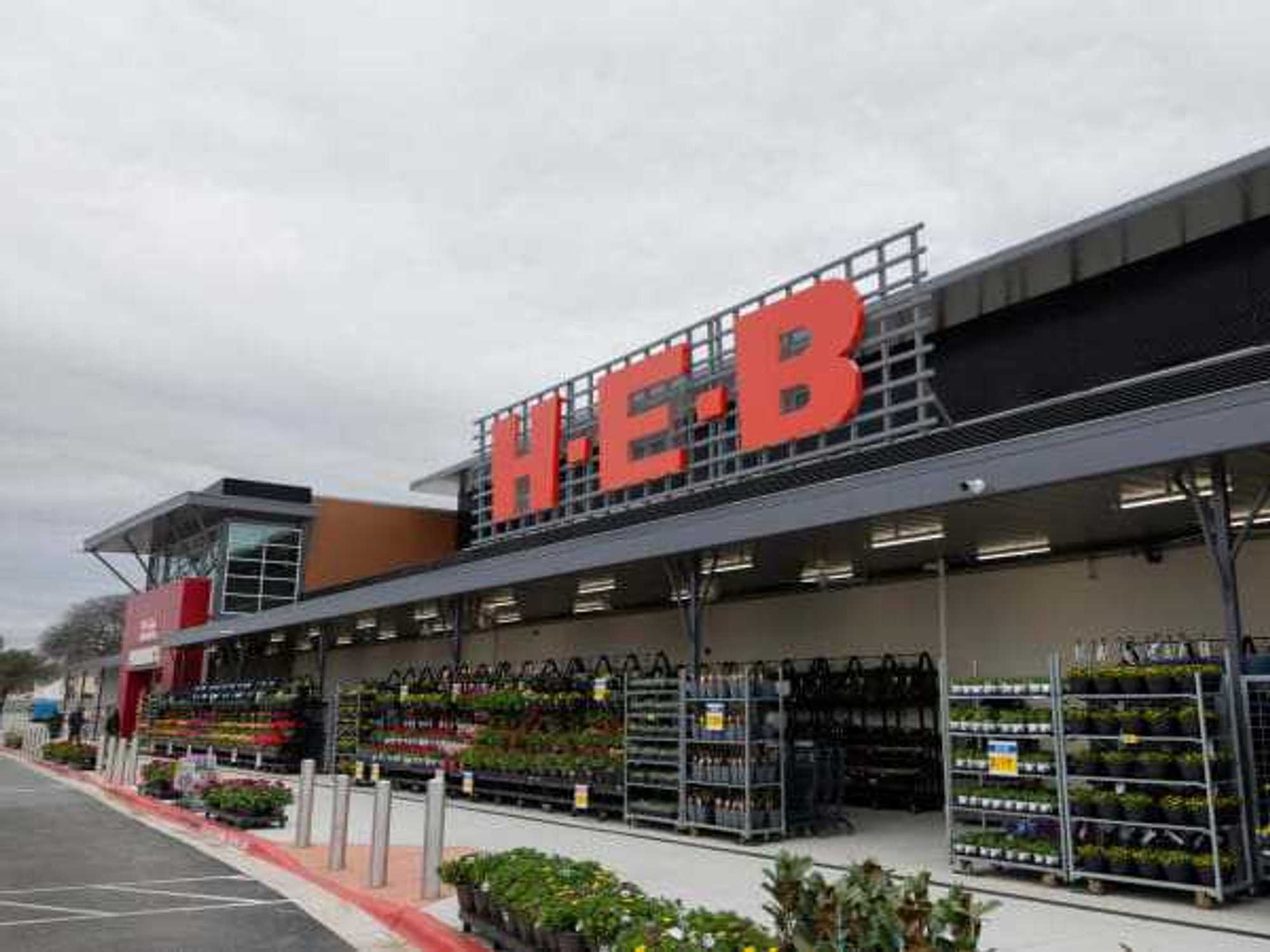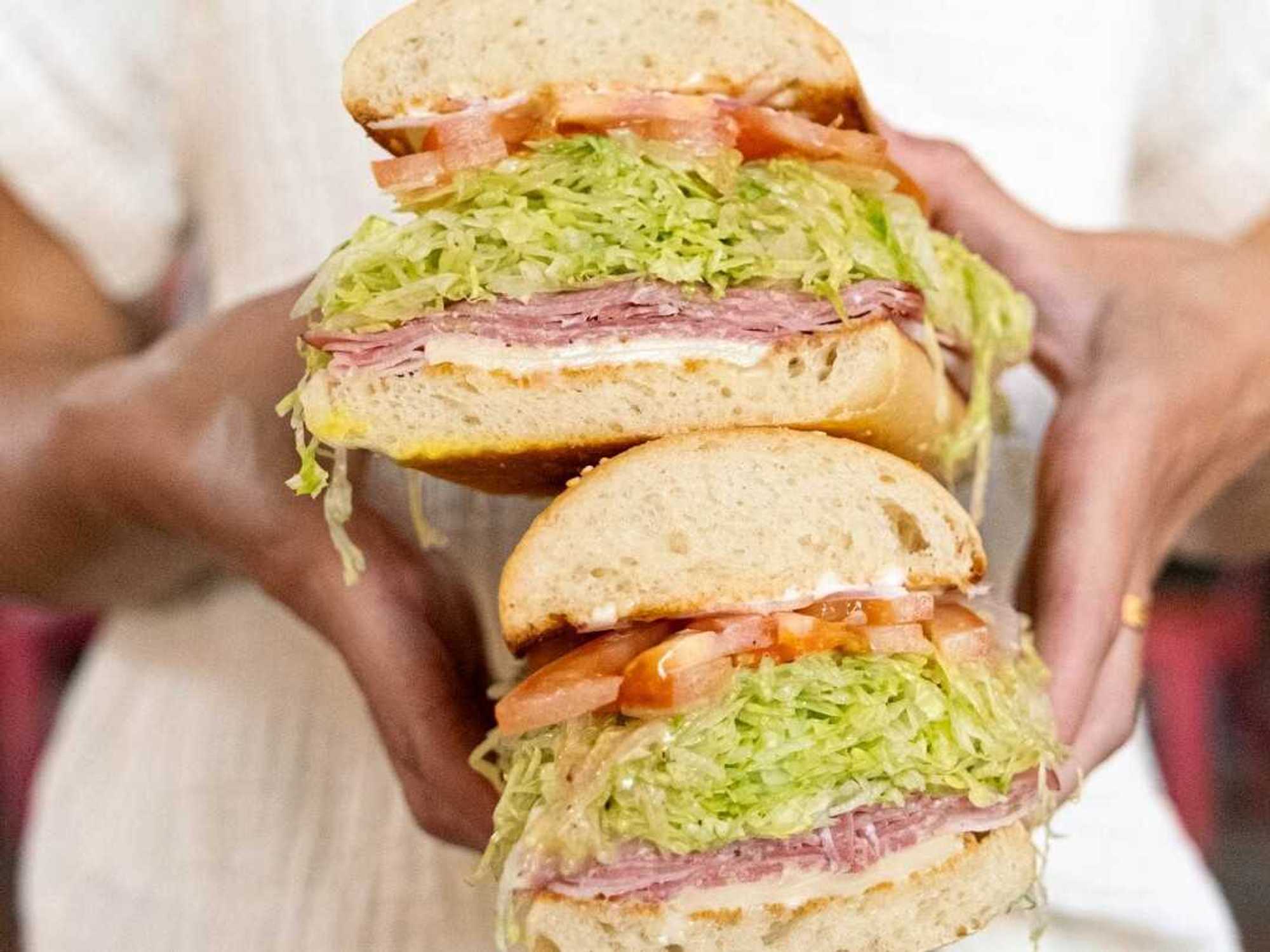Traffic Update
Austin loses out on $50 million to fight growing traffic dilemma, but there's still hope

Update: In August, Austin City Council approved the $720 million bond package. The transportation proposal will got to vote on November 8.
---
It's been a jam-packed couple of weeks for Austin, both on the roads and in local politics.
Austin was one of seven finalists in the U.S. Department of Transportation's Smart City Challenge, a competition between midsized cities to win big grant money to fix transportation issues. The prize? A whopping $40 million in funding from the federal government and up to $10 million from Vulcan, Inc. For months, the City of Austin worked on an impressive proposal, but ultimately lost out to Columbus, Ohio.
However, there's a silver lining for Austin: The DOT was so impressed by each finalist's proposal that, with the continued support of private investors and other federal departments, it is planning to fund a variety of "smart city initiatives." For Austin, that could mean some of the transportation projects outlined in our Smart City proposal, like building more transit hubs, updating major corridors, exploring alternative vehicle options, and much more.
While we won't be taking home the Smart City prize — and the exact amount of the consolation prize is yet to be worked out — the City of Austin isn't putting transportation on the back burner.
Mayor Steve Adler and the City Council are in the midst of ironing out a transportation bond package to put to vote in November. Adler's $720 million proposal addresses issues with regional highways and smaller-scale projects (i.e. sidewalks and bike lanes), but puts the most emphasis on turning our busiest roads into "smart corridors." To transform rush-hour nightmares like Lamar Boulevard, Burnet Road, and Riverside Drive into more streamlined thoroughfares, Adler wants to make updates such as queue jumps; protected bicycle paths; more turn lanes and sidewalks; and smart traffic signals that can respond to collisions, special events, and even weather.
In the meantime, the issue of I-35 — aka the worst road in Texas — is being tackled by the Mobility35 Program, a joint venture between the City of Austin, the Texas Department of Transportation, and the Capital Area Metropolitan Planning Organization. Senator Kirk Watson recently announced a proposal to fund future phases without resorting to a transportation bond, instead tapping toll revenue and leftover funds from other projects.

 Our wildcard category this year will crown Best Sandwich.
Our wildcard category this year will crown Best Sandwich.